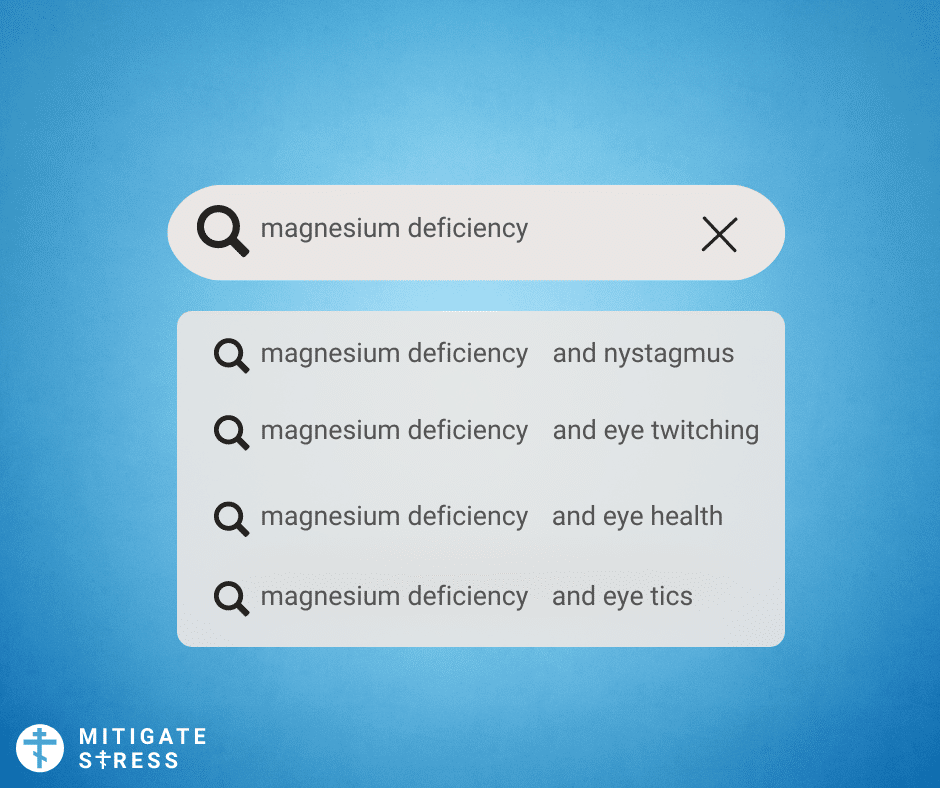When it comes to maintaining our overall health, magnesium plays a pivotal role. This essential mineral supports more than 300 biochemical reactions in the body, including nerve and muscle function, blood pressure regulation, and immune system support1. However, when magnesium levels dip, several health issues can occur – one of which is nystagmus, a condition characterized by abnormal eye movements or eye twitching2.
Understanding Nystagmus
Nystagmus is an involuntary eye movement disorder that can cause the eyes to drift or flicker uncontrollably3. It is often associated with conditions like multiple sclerosis, stroke, and congenital disorders. However, recent studies have indicated a link between nystagmus and magnesium deficiency4.
The Link Between Nystagmus and Magnesium Deficiency
Several scientific journals have explored the connection between nystagmus and magnesium deficiency. One study published in the Journal of Neurology highlighted a case where a patient with downbeat nystagmus showed significant improvement after magnesium supplementation5.
Another study from the Journal of Neurology, Neurosurgery, and Psychiatry reported a case of lithium toxicity causing downbeating nystagmus and other ocular motor defects. The patient’s initial magnesium levels were low, suggesting a potential link between magnesium deficiency and nystagmus6.
Furthermore, a clinical review on the diagnosis and management of downbeat nystagmus also mentions vitamin B1 and magnesium deficiencies as potential causes7.
The Role of Magnesium in Eye Health
Magnesium plays a crucial role in nerve transmission and muscle contraction, both of which are vital for proper eye movement8. When magnesium levels are low, it can interfere with these processes, potentially leading to conditions like nystagmus9.
Boosting Your Magnesium Levels for Optimal Eye Health
Given the potential link between magnesium deficiency and eye twitching, or nystagmus, maintaining optimal magnesium levels can be a proactive step toward eye health. Here’s how our products can help:
Magnesium Bicarbonate Products: Our magnesium bicarbonate products are designed with your health in mind. This form of magnesium is highly bioavailable, meaning it can be easily absorbed by the body. By incorporating these products into your daily routine, you can significantly improve your overall magnesium levels, thereby enhancing your eye health.
Topical Magnesium Oil: Our topical magnesium oil is another effective method to increase your magnesium levels. When applied directly to the skin, this oil allows for transdermal absorption, bypassing the digestive system and delivering magnesium straight to the source. It’s a simple and efficient way to ensure you’re getting the magnesium your body needs.
In conclusion, while more research is needed to fully understand the link between magnesium deficiency and nystagmus, current findings suggest that maintaining optimal magnesium levels could play a crucial role in managing this condition. Our magnesium bicarbonate products and topical magnesium oil make it easy to keep your magnesium levels in check, contributing significantly to your well-being and eye health.






0 Comments